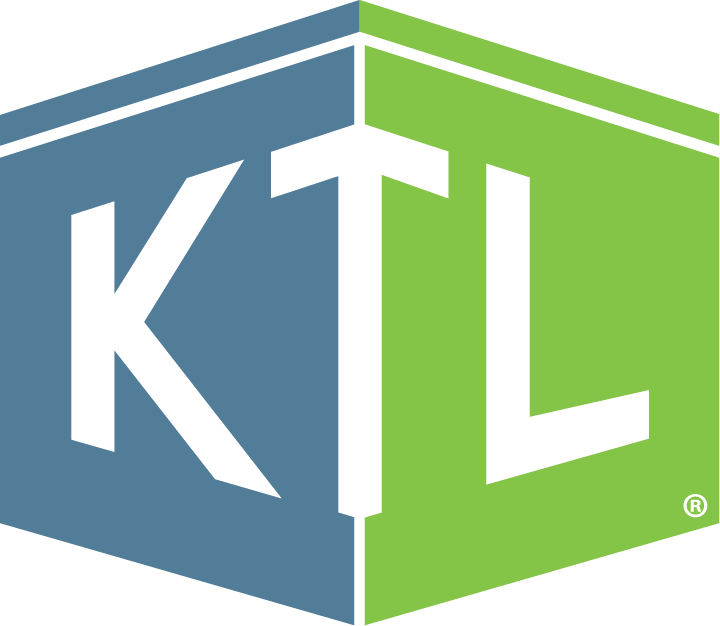
Food Safety
Comments: No Comments
With a rapidly growing market, pending regulatory action related to marketing cannabidiol (CBD) products is certainly an issue to watch. And the Food and Drug Administration (FDA) set the tone for 2023, issuing a decision on January 26, 2023, concluding that existing regulatory frameworks for food and dietary supplements are not appropriate for regulating CBD. Rather, the FDA press release states, “A new regulatory pathway for CBD is needed that balances individuals’ desire for access to CBD products with the regulatory oversight needed to manage risks.”
Regulating CBD Products
Products containing cannabis or cannabis-derived compounds are subject to the same requirements as FDA-regulated products containing any other substance. FDA has currently approved only one cannabis-derived and three cannabis-related drug products, all of which are only available with a prescription from a licensed healthcare provider. There are no other FDA-approved drug products that contain CBD. In addition, there are currently three generally recognized as safe (GRAS) notices for the following hemp seed-derived food ingredients: hulled hemp seed, hemp seed protein powder, and hemp seed oil.
While the FDA recognizes the potential therapeutic benefits CBD could offer, the agency is committed to following the drug approval process to help ensure the safety and efficacy of any products derived from cannabis. The use of CBD in dietary supplements and food (both human and animal) raises a variety of safety concerns for the FDA—especially associated with long-term use and vulnerable populations (e.g., children, pregnant women)—that are not fully understood. As a result, the FDA’s internal working group concluded that “it is not apparent how CBD products could meet the safety standards for dietary supplements or food additives”:
- Dietary Supplements. CBD products are excluded from the dietary supplement definition under section 201(ff)(3)(B) of the Food, Drug & Cosmetic (FD&C) Act [21 U.S.C. § 321(ff)(3)(B)]. This exclusion applies unless the FDA issues a regulation finding that the product would be lawful under the FD&C Act. To date, no such regulation has been issued for any CBD substance. All products that are marketed as dietary supplements must then comply with the regulations governing dietary supplement products, including current Good Manufacturing Practices (cGMPs) and labeling.
- Human and Animal Food Additives. It is a prohibited act to introduce or deliver for introduction into interstate commerce any food (i.e., human or animal) to which CBD has been added under FD&C Act [21 U.S.C. § 331(ll)].
Warning Letters
The FDA is concerned with the growing number of products containing CBD that are being marketed for therapeutic or medical uses without FDA approval. The agency has sent warning letters to companies illegally selling CBD products that claim to “prevent, diagnose, treat, or cure serious diseases,” as well as to companies that sell CBD-infused food and beverages (e.g., cookies, gummies, etc.). Until a regulatory framework is established, FDA will continue to act against CBD and other cannabis-derived products to protect the public.
New Regulatory Pathway
The FDA believes there is currently not adequate evidence to determine how much CBD can be consumed and for how long before causing harm, and the agency’s existing foods and dietary supplement authorities provide only limited tools for managing the potential risks associated with CBD products. As such, a new regulatory pathway would “benefit consumers by providing safeguards and oversight to manage and minimize risks related to CBD products for humans and animals.”
Risk management tools could include:
- cGMPs
- Clear labeling on products
- Prevention of contaminants
- CBD content limits
- Measures to mitigate the risks of ingestion by children (e.g., minimum purchase age)
Many states are trying to close the gap the best they can by putting some regulations in place, but this is currently being done piecemeal. In addition, several organizations have launched cannabis standards and certifications—often based on the Global Food Safety Initiative (GFSI) and cGMPs—to improve the overall safety and quality of cannabis and cannabis-infused products in the market.
Companies getting involved in this growing industry need to stay on top of the rapidly changing regulatory environment. Take the time now to assess operations, determine what standards might be appropriate, identify gaps in existing programs, prepare for a new regulatory framework—state and/or federal—and begin implementing solutions to eliminate risks.
